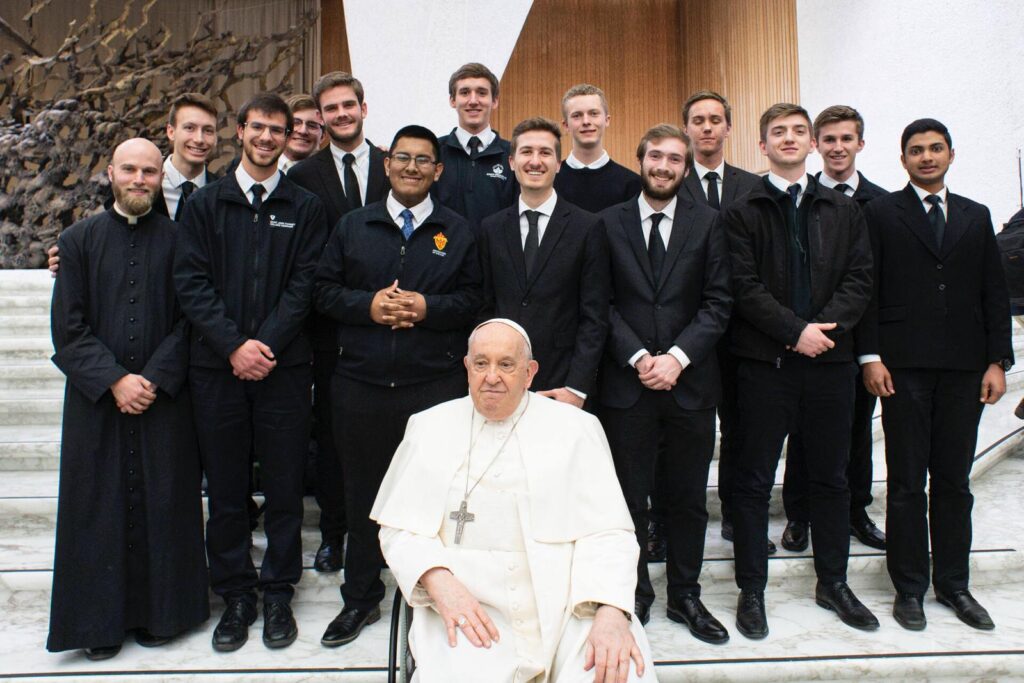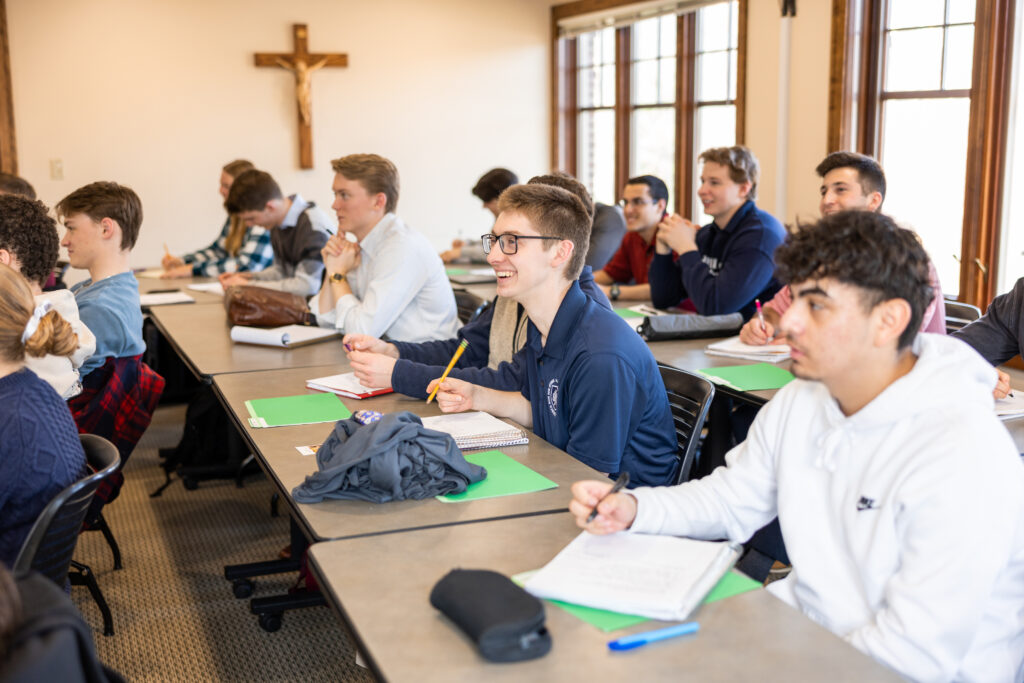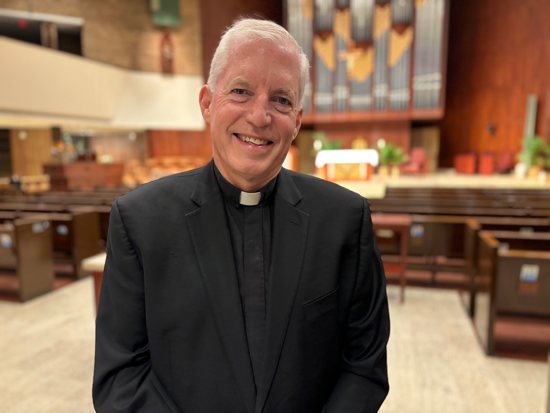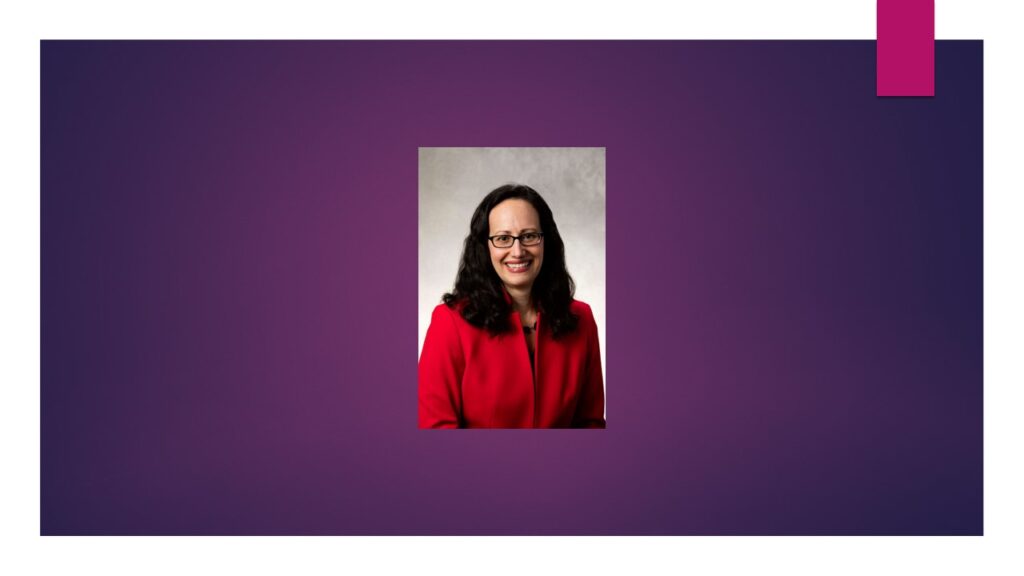In the spring of 2002, women from several academic disciplines formed a “think tank” to respond to Pope John Paul II’s call for a new “Christian feminism.” Drawn together by their love of the Church, they share a conviction that women, both in their roles as mothers and as professionals, are critical in the recovery of the culture. They named themselves the Siena Group, after St. Catherine of Siena. Their mission is to investigate the implications of the Church’s teaching for an authentic anthropology and feminism. The group organized a weeklong symposium in June 2004 to explore “The Work of John Paul II and the Vocation of the Professional Woman.” The Pope’s work is rich with insight into the role and vocation of women in the modern world, not only because he has referred to himself as the “feminist” Pope but also because of the breadth and depth of his thought, always grounded in an affirmation of life and the dignity of the human person. The aim of the gathering was to dig into several of John Paul’s major works in order to derive their significance and meaning for what the group calls “personalist feminism,” a reflection of the Holy Father’s philosophical and theological commitment to the importance of every human person.
The symposium, open to the entire university community, filled quickly. The interest generated by the topic led the group to hold informal, public talks in the mornings and more intimate discussions in the afternoons. Each day was devoted to a different writing of John Paul’s, intended to highlight its key points and spell out the implications for understanding the role of women in our culture. The week began with an investigation of the meaning of human personhood and of the fundamental vocation of both women and men as children of God.
Texts included the Pope’s letter to women (Mulieris Dignitatem), his encyclicals on the role of the family in the modern world (Familiaris Consortio), the Gospel of Life (Evangelium Vitae), the Splendor of Truth (Veritatis Splendor), and on human work (Laborem Exercens), as well as Centesimus Annus.
By all accounts, the symposium was a success, though much work remains. But the opportunity to think together on this complex and controversial topic for an extended period of time proved to be a rich and worthwhile experience for every participant. It also was clear from those who attended the public lectures that there is a real longing for a “feminism” that affirms the role played by women in the public sphere, without marginalizing her role as mother, whether physical or spiritual. The organizers of this year’s symposium have begun to think ahead to next summer when they hope to include a wider spectrum of participants and academic disciplines.






